The arrest came after the United States charged Spaniard Martin-Artajo and a junior colleague, Frenchman Julien Grout, with wire fraud and conspiracy to falsify books and records related to the trading losses, which were executed by Bruno Iksil.
Iksil, who was nicknamed the “London Whale” for his large bets on derivatives markets, is cooperating with U.S. prosecutors and has not been charged.
Martin-Artajo was released on condition he stays in Spain and checks in regularly with a court. A judicial source said on Tuesday he had told a Spanish court he is unwilling to be sent to the United States to face the charges.
Martin-Artajo, who handed himself in at a Madrid police station after being contacted by police, is accused of trying to inflate the value of trading positions held on his group’s books. The mismarking allegedly took place as the traders tried to hide mounting losses in an illiquid derivatives market, where they had made outsized bets.
Martin-Artajo was Iksil’s supervisor at JP Morgan’s Chief Investment Office in London.
JPMorgan is battling to salvage its corporate image amid a swirl of litigation and investigations in the wake of the financial crisis, including a federal bribery investigation into whether it hired the children of key Chinese officials to help it win business.
The bank’s boss Jamie Dimon attempted to dismiss the London Whale losses as a “tempest in a teapot” but this remark has come back to haunt him.
Martin-Artajo previously said through lawyers that he expects to be cleared of any wrongdoing and that he had cooperated with regulators.
His lawyer in London could not immediately be reached for further comment.
EXTRADITION
Meanwhile Spain’s High Court has taken on his case and will decide whether he should be extradited, although Spain’s cabinet has its say too. The United States has 40 days after his arrest to present its full extradition request to Spanish courts, according to the usual procedure.
Extraditions from Spain to the United States are rare and Madrid has tended to shun requests to send its citizens to be tried there.
“Spain does not extradite its citizens,” a police source said, explaining that it was one of the reasons Martin-Artajo was not directly arrested but asked to present himself to police, after he was found, identified and deemed not to be a flight risk.
But one extradition lawyer who declined to be named said Martin-Artajo’s alleged offence would in principle be considered extraditable, as it is punishable in both countries. Either way, administrative and judicial procedures can take many months.
Martin-Artajo handed himself in to police after they found him and got in touch with him, the authorities said, without detailing where they had tracked him down.
Former JPMorgan colleague Julien Grout, now living in his native France, has not yet been arrested, his lawyer said.
“No, they have not arrested Julien, nor would they because France does not extradite their own citizens,” said Grout’s U.S. lawyer Edward Little at Hughes Hubbard Reed. “We are in discussions with the U.S. prosecutors about how we will proceed, but no decision has been made yet.”
Grout, who reported to Iksil and is the lowest-ranked person so far targeted in the investigation, is in his mid-thirties and is married to an American. His lawyer previously said he had moved to France several months ago and was not fleeing anything.
A source with knowledge of the matter has said Grout would offer to face the charges in the United States on condition he is granted bail. Grout himself declined to answer questions from a Reuters reporter at his parent’s holiday home in southern France earlier this month.
(Additional reporting by Clare Hutchison in London, Catherine Bremer in Paris and Blanca Rodriguez in Madrid; Editing by Louise Heavens and David Holmes)

Article source: http://www.nytimes.com/reuters/2013/08/27/business/27reuters-jpmorgan-whale.html?partner=rss&emc=rss
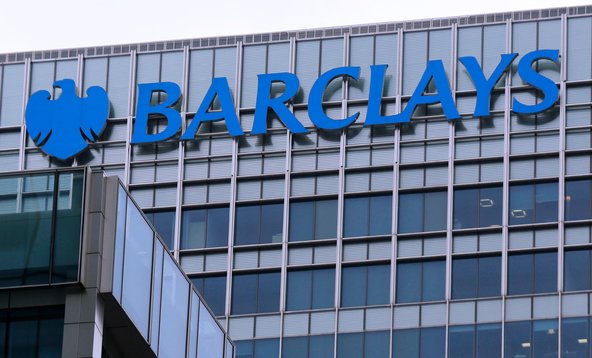

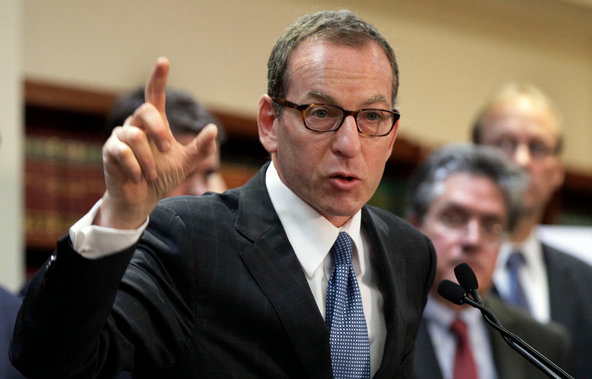
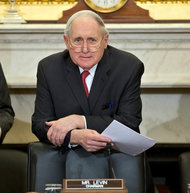
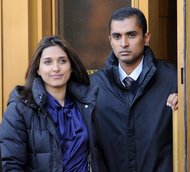
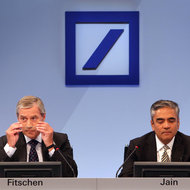
British TV Personality Pleads Guilty to Sex Abuse of Girls
Mr. Hall, a familiar figure on radio and television in a career spanning five decades, was first arrested in December and questioned as part of Operation Yewtree, a far-reaching criminal investigation into allegations of sexual abuse from as long as 50 years ago. He initially denied the charges, calling them “pernicious, callous, cruel and, above all, spurious.”
His crimes, prosecutors say, took place between 1967 and 1986 and included putting his hands under the clothes of a 9-year-old girl, groping a 16-year-old girl’s breasts, and kissing a 13-year-old girl on the lips while telling her it was a way to “show thanks.”
Mr. Hall had also been charged with raping a 22-year-old woman in 1976, and was to have faced a separate trial. But after he pleaded guilty to the other charges, prosecutors said Thursday, the rape charge was withdrawn when the complainant in the case decided she did not want to give evidence in court.
A dozen well-known figures from the entertainment world, mostly men in their 70s and 80s, have been identified as suspects in Yewtree. Mr. Hall, known mainly as the host of the game show “It’s a Knockout” and as a witty sports commentator, is the first to admit any wrongdoing. Two of the other suspects have been formally charged with crimes; the rest are facing further questioning while prosecutors decide whether to charge them.
It is notoriously hard to secure convictions in sexual assault cases, particularly ones that took place long ago. Nazir Afzal, chief crown prosecutor for the North West, said Thursday that in Mr. Hall’s case, a number of women came forward with similar accusations, establishing a pattern of behavior.
“His victims did not know each other, and almost two decades separated the first and last assaults, but almost all of the victims, including one who was only nine at the time of the assault, provided strikingly similar accounts,” Mr. Afzal told reporters after Thursday’s hearing, in Preston Crown Court.
“Whether in public or private, Hall would first approach under friendly pretenses and then bide his time until the victim was isolated,” Mr. Afzal said. “He can only be described as an opportunistic predator.”
Operation Yewtree began after it emerged that the popular television personality Jimmy Savile, who died in 2011, had been a serial sex abuser with scores of victims over four decades. Stung by charges that they had done little to investigate numerous contemporaneous complaints against Mr. Savile, the police are now encouraging victims of sexual abuse to come forward, no matter when the abuse took place.
“The fact that these convictions have come a long time after they were committed shows that we will always take any allegations of sexual abuse extremely seriously,” Det. Chief Inspector Neil Esseen, who led the investigation for the Lancashire police department, said.
Article source: http://www.nytimes.com/2013/05/03/world/europe/british-tv-personality-pleads-guilty-to-sex-abuse-of-girls.html?partner=rss&emc=rss